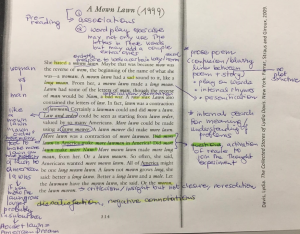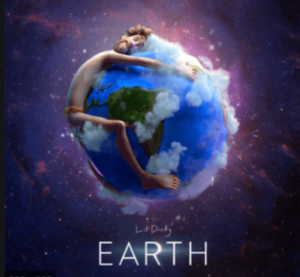
Let’s start off with a few telling facts: The origin of the word “racism” stems from the French word racisme which appeared during the last decades of the 19th century. In English, however, according to the Merriam Webster Dictionary, “Racism appears to be a word of recent origin, with no citations currently known that would suggest the word was in use prior to the early 20th century.” Now, let that sink in. The people at Webster are also quick to point out that just because the word is “fairly new” doesn’t mean that “the concept of racism did not exist in the distant past.” No wonder we – and with we, I mean all societies – have a problem with racism. So let’s get to the root of it and root it out.











